Imagine border guards at Gretna, rifling through shopping to find genetically modified tomatoes. Or 10-mile tailbacks as a result of biosecurity checks on the Severn Bridge.
No, this isn’t just a dystopian vision of the future. This could be reality in the UK, and soon, according to a new report published today by thinktank the UK Trade Policy Observatory.
As if the union wasn’t creaking already – with the SNP and an increasingly vocal Welsh nationalist minority calling for independence – the observatory warns a widening of regional food safety standards across the UK’s devolved nations could put the very foundations of the country under “serious strain” after Brexit.
Brexit food safety legislation designed to correct deficiencies in retained EU law will give UK government, Scottish government and Welsh government ministers the power to amend food safety standards without parliamentary scrutiny using Statutory Instruments (SIs), the study points out.
In practice, this means we could see very different regulatory approaches develop between the UK government and devolved administrations towards such controversial practices as the washing of chicken in chlorine, growing GM crops and the use of pesticides banned in the EU – and all without the say of MPs, AMs or MSPs.
Of course, divergence of standards and border checks is a prospect the DUP has already warned about in its opposition to the government’s proposed Brexit withdrawal agreement.
But the issues of Northern Ireland would pale in significance if we see regulatory divergence on the mainland, the report suggests.
While Boris Johnson has vowed to liberate the UK from the EU’s anti-GM crops stance, both the Welsh and Scottish governments could continue to carve their own policies on the issue, for example.
And this could have a big impact, not just on future trade deals with the EU and third countries, but even on trade between the constituent parts of the UK.
A UK-US trade deal could exacerbate those tensions, it adds, with Scotland in particular having committed to introducing legislation ensuring its regulations will continue to align with those of the EU.
Aside from the obvious political problems, if one or more devolved administration refuses to realign its food safety regulations from those of the EU to comply with US standards, it will complicate the flows of agricultural and food products within the UK, say researchers.
And given the fractious nature of our political system, a previously agreed consensus around a UK-wide “common framework” on food laws “could break down”, warns the report.
This would be even more likely if the UK left the EU without a deal, or if English standards diverged from those of the EU. And that could ultimately mean internal trade barriers within the UK.
“Negotiating a US trade deal that Scotland opposes is certainly not viable, and could even fuel a push for Scottish independence,” says Emily Lydgate, a senior lecturer in environmental law at the University of Sussex.
The government should require any policy changes for food safety to be decided by primary legislation and through the scrutiny of parliament if it wishes to avoid the “worst case scenarios” of weakened and imbalanced food safety regulations in the UK after Brexit, the Observatory warns.
It should also give the devolved nations more oversight of trade negotiations.
This might not be top of the agenda for political parties fighting it out on the 12 December. But if they ignore these warnings, they could well end up overseeing the break up of the UK, not just Brexit.








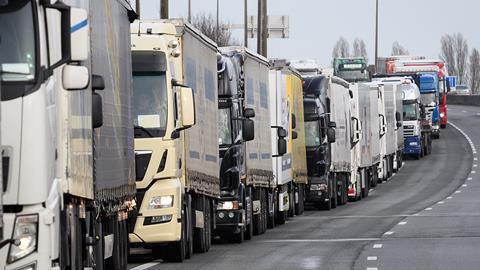





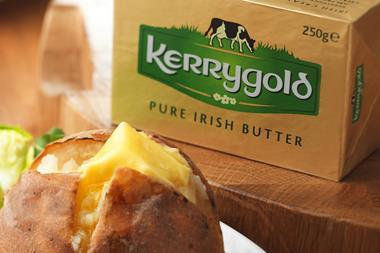
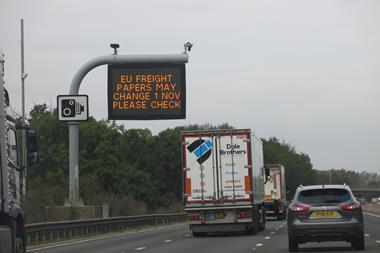

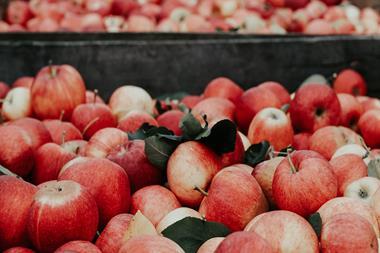

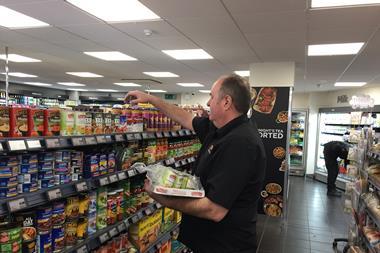





No comments yet